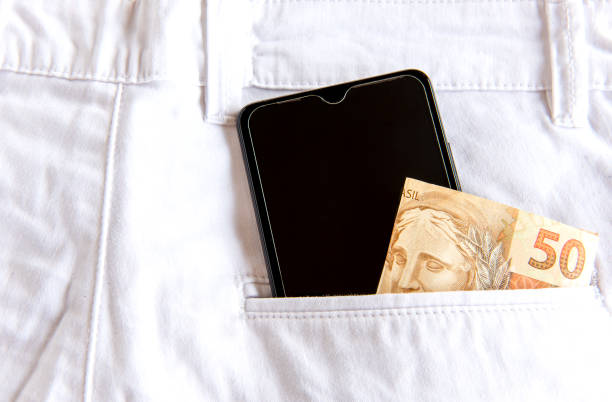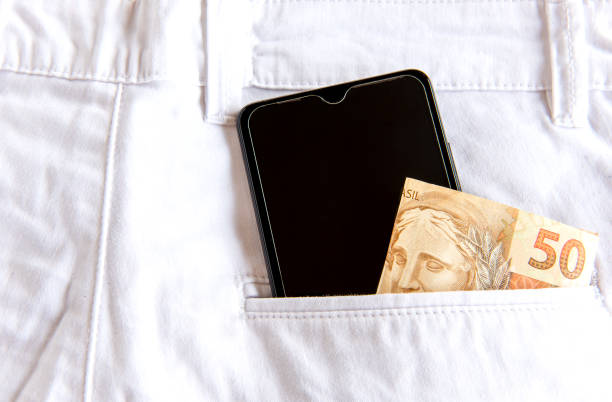
A few years ago, the world was gripped by a cryptocurrency euphoria, with symptoms like home mining and hoarding graphic cards to feverish investment in all sorts of coins. Eventually, most of those ‘investors’ suffered a fiasco: some of them lost their assets when the Bitcoin bubble burst and some fell victim to fraudsters. After that, cryptocurrency evangelists and most of home-grown analysts went under the radar for several years.
The pandemic brought the crypto industry to life once again, when economic conditions nudged investors to profitable but risky projects. This time, the private sector was not alone: central banks also came to think about issuing CBDCs, and it has become clear that digital money was going to be firmly entrenched in our lives.
A failed experiment
Despite the widespread enthusiasm for digital currencies, they have been posing enough problems so far. Cryptocurrencies, although positioned as fair and safe, are still not a reliable means to fully replace conventional money.
One of the most striking instances of the crypto frenzy is El Salvador. Several months ago, the country took a leap of faith and recognized Bitcoin as official means of payment. The proposal caused great excitement among cryptocurrency enthusiasts, but now it appears that the country has taken a wrong turn. Financial mismanagement and inadequate risk assessment have exacerbated the country's already precarious situation and endangered its citizens, the IMF says : “[The cryptocurrency use] entails large risks for financial and market integrity, financial stability and consumer protection”. It is obvious now that even if the experiment is to be marked as failed, it will not counter losses caused by this risky bet to the treasury and citizens.
Why couldn’t Bitcoin fit in? One of the reasons for the failure was the general digital illiteracy of the population. Almost 70 percent of Salvadorans are unbanked, and around half of the country lives offline. Introduction of the digital currency leaves them out of the loop: to start using e-payments, they must invest their money to buy necessary technologies, and their time to learn how to use it.
All these people found their shelter in cash: its value doesn't jerk up and down; you don't need a smartphone and Internet connection to put a bill in your wallet and getting a cash deal settled takes just a few seconds. People know how to handle the money, and they can be sure their assets are safe - unlike the official bitcoin app Chivo, where thousands of accounts were hacked at the dawn of the cryptocurrency's introduction. For these reasons, cash still remains a safe haven for Salvadorans and a sustainable alternative to the unreliable technology. Many business owners agree: “It’s basically just the big companies that are using it,” says José Bonilla, a local business owner. “Between bitcoin and cash, I prefer that [customers] pay me in cash,” which only proves the status of banknotes and coins as a universal and easily accessible means of payment.
Liberty in their hands
Looking at El Salvador, other states are taking a more deliberate stance. The ECB has been mulling over its proposed digital euro for months now, and, in the meantime, has been collecting comments from public. The first batch of feedback has been published just recently, revealing deep concerns not only about the economic consequences, but also about even more fundamental issues, such as legal anonymity and individual freedom. Among the various (mostly negative comments), one sums it all up: “Nobody should know where I invest money, what products I am buying… The introduction of the digital euro is the complete loss of the liberty and the start of the total control.”
Fabio Panetta, the ECB executive board member, responded by promising that users' privacy would be best protected. This wording, however, could not conceal the fact that anonymity is absolutely not guaranteed – even though the ability to manage one's finances privately remains one of the most important guarantors of true personal freedom.
Just near those who argue about the digital euro are refugees from Ukraine. The victims of war fleeing to the European Union are now forced to rely on the help of those who take them in. However, despite the warm attitude of Europeans, the refugees still feel uneasy, partly because they are now unable to make economic decisions on their own. This is where cash comes to help: EU states are placing a great focus on easing exchange of Ukrainian refugee cash for a reason, and UNHCR has already rolled out a cash assistance program to make their life easier. "Cash puts the decision-making about what is most needed into the hands of the people being assisted," explains Andrew Hopkins, chief of UNHCR's digital identity and registration section, and this reveals similarities with the comment made during the ECB survey: cash brings economic freedom, with which you don't have to answer to anyone and can keep your fate in your hands, literally.
Controllable anonymity
Meanwhile, other countries are ousting cash, and are openly stating their encroachments on personal freedoms. A notorious example is China: local officials have already devised a new wording concerning the digital yuan. Controllable anonymity” (可控匿名), also translated as "managed anonymity" in some Chinese government sources, is a defining principle of the People's Bank of China's (PBOC's) "digital yuan" (or e-CNY) initiative, says Eli MacKinnon of Stanford University.
Can controlled anonymity be considered true anonymity? In terms of freedom, the answer would be the same as the answer to the question "Does a spacious cage give animals in a zoo enough freedom?"
Digital openness, however partial, threatens citizen-state relations. Overriding control of information flows, the introduction of facial recognition systems, merging of personal data into single databases, and social ratings – these are just some of the actions taken by regimes to tighten control over citizens' autonomy and their ability to think critically and make decisions independently, without being manipulated.
Voices of cryptocurrency proponents are loud, and their powers are large. However, there are plenty of dissenters – and the instrument to counteracting is literally in their pocket. Public awareness is a critical element in deterring private companies and the state from using technology to the detriment of citizens. It is informed decisions and actions of individuals and groups that determine their future, and here, cash becomes a key to financial freedom and privacy. Of course, paper money used is somehow limited in a digital society (not all online stores accept cash), but it allows decoupling the word ‘control’ from the word ‘anonymity’.
Private transactions are not necessarily illegal transactions: all of us have perfectly legitimate purchases that we would nevertheless like to keep secret. That is privacy – when your choices are not influenced by circumstances and opinions of others, and when you are not manipulated with your preferences and interests. Some government agencies understand this as well: “It is not obvious that the properties of central bank digital currencies would satisfy the demand for cash, which is valued for its physical properties and the privacy that it can provide,” says the UK Lords Economic Affairs Committee in its report, and this is a clear sign that our society still needs good old bills and coins to protect our inherent freedoms.














